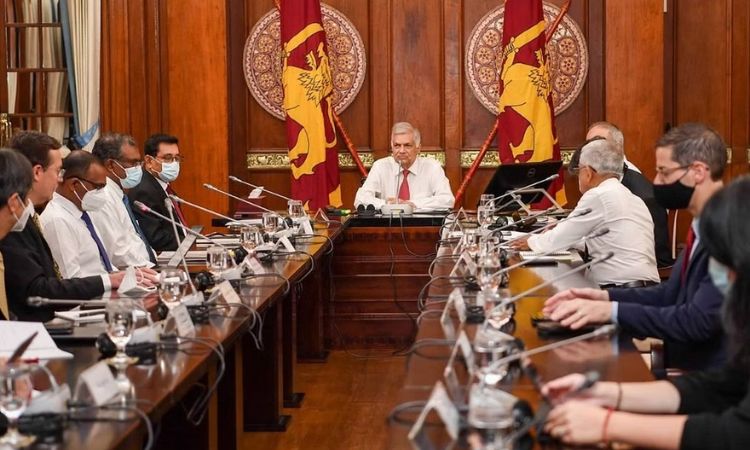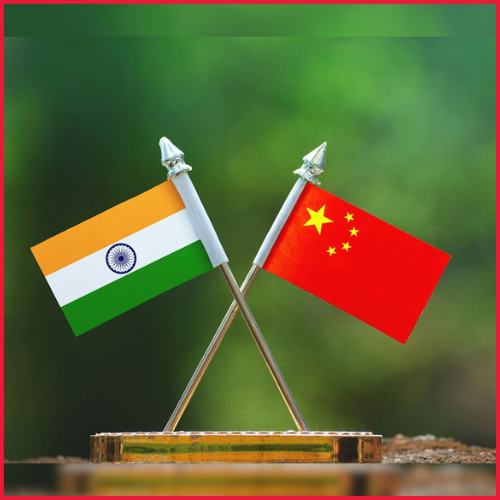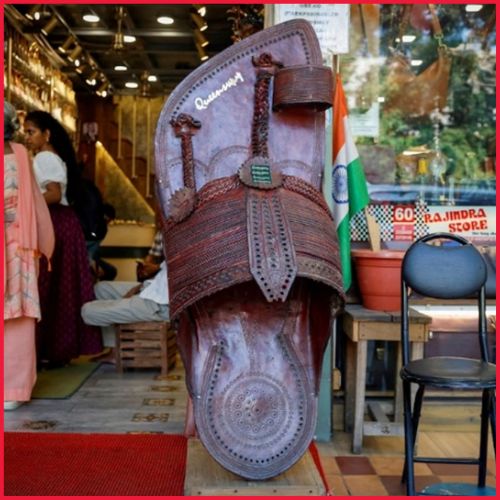Sri Lanka’s economy, which had been grappling with severe financial challenges, has exhibited tentative signs of improvement, according to a top official from the International Monetary Fund (IMF). The official emphasized the importance of maintaining the momentum of reforms, stressing the need for strong ownership by both the authorities and the Sri Lankan people.

This article discusses the remarks made by IMF (International Monetary Fund) Deputy Managing Director Kenji Okamura during his visit to Sri Lanka, the ongoing economic recovery efforts, and the significance of fiscal measures and debt restructuring in restoring stability. It also highlights President Ranil Wickremesinghe’s call for commitment to challenging economic reforms to overcome the crisis.
IMF Official Acknowledges Improving Economic Outlook:
During his official visit to Sri Lanka, IMF Deputy Managing Director Kenji Okamura acknowledged that Sri Lanka’s economy has displayed tentative signs of improvement. He attributed this progress to the implementation of critical policy actions. However, he also highlighted the challenges that persist in the economic recovery process. Okamura stressed the necessity of sustaining the reform momentum with strong ownership from both the authorities and the Sri Lankan people.
IMF’s Support and Debt Arrangements:
In March 2023, the IMF Executive Board approved 48-month arrangements amounting to approximately USD 3 billion under the Extended Fund Facility (EFF) with Sri Lanka. This financial support aims to assist the country in overcoming its debt crisis. Kenji Okamura’s visit to Sri Lanka came after the approval of these arrangements. He noted that the current economic crisis can be traced back to policy missteps exacerbated by external shocks.
Focus on Fiscal Measures and Debt Restructuring:
During discussions with Sri Lankan authorities, Kenji Okamura emphasized the importance of implementing fiscal measures, particularly revenue-generating measures, to restore macroeconomic stability. He expressed encouragement at the authorities’ commitment to negotiating a debt strategy in a timely and transparent manner. Open dialogue with creditors, he stated, would facilitate the achievement of restructuring agreements aligned with the program targets. Safeguarding the stability of the financial sector was deemed crucial in this process.
Addressing the Impact on the Vulnerable:
The IMF emphasized the necessity of protecting the poor and the most vulnerable segments of society, who have been disproportionately affected by the economic crisis. As Sri Lanka works towards recovery, it is crucial to ensure that the most disadvantaged groups receive support and assistance.
President’s Call for Economic Reforms:
President Ranil Wickremesinghe, also the finance minister, addressed the nation in a televised speech, underscoring the importance of committing to challenging economic reforms. He assured the public of a future characterized by economic stability and reduced hardships. Wickremesinghe urged the Sri Lankan people to support the government’s reform efforts, which aim to revive the nation’s economy following the bankruptcy declaration. The reforms are expected to lower the cost of living, improve living standards, alleviate poverty, and promote transparency.
Sri Lanka’s Path to Recovery:
Since declaring its first-ever debt default in April 2022, Sri Lanka has been grappling with a severe economic crisis—the most significant since gaining independence in 1948. The crisis was triggered by foreign exchange shortages, leading to widespread public protests. These protests ultimately led to the removal of then-President Gotabaya Rajapaksa. After initially resisting IMF assistance, Rajapaksa initiated negotiations with the global lender. Over the past nine months, Sri Lanka has implemented appropriate policies that have gradually contributed to the country’s economic recovery.
Conclusion:
Sri Lanka’s economy has shown tentative signs of improvement following a challenging period of financial distress. The IMF has stressed the importance of continuing reform momentum and ensuring strong ownership by both the authorities and the Sri Lankan people.














